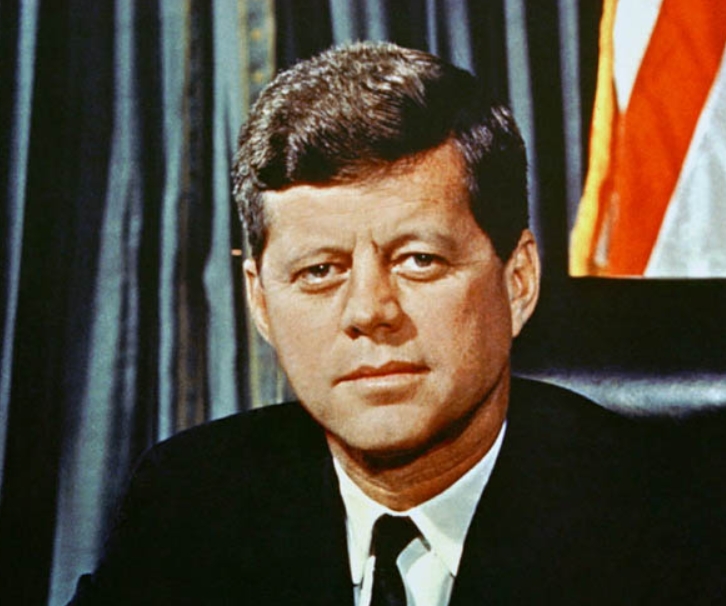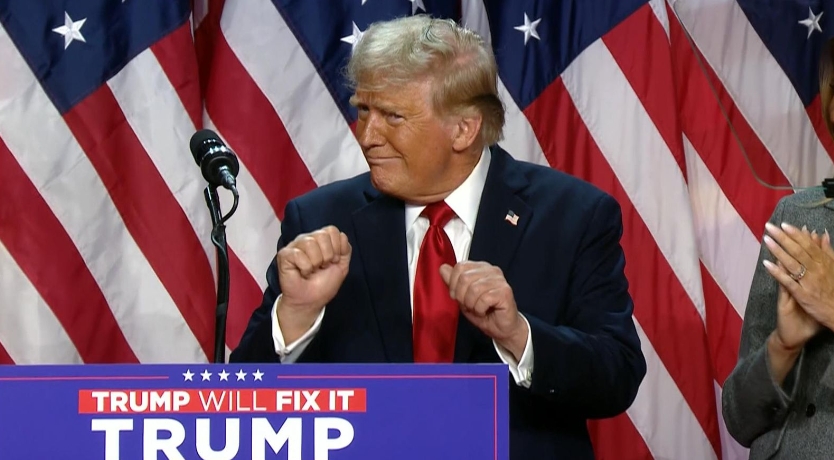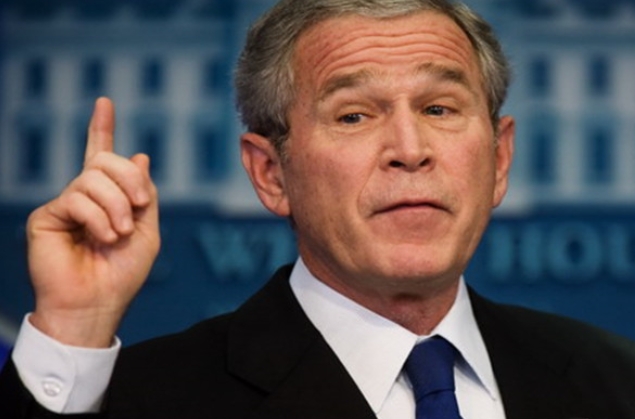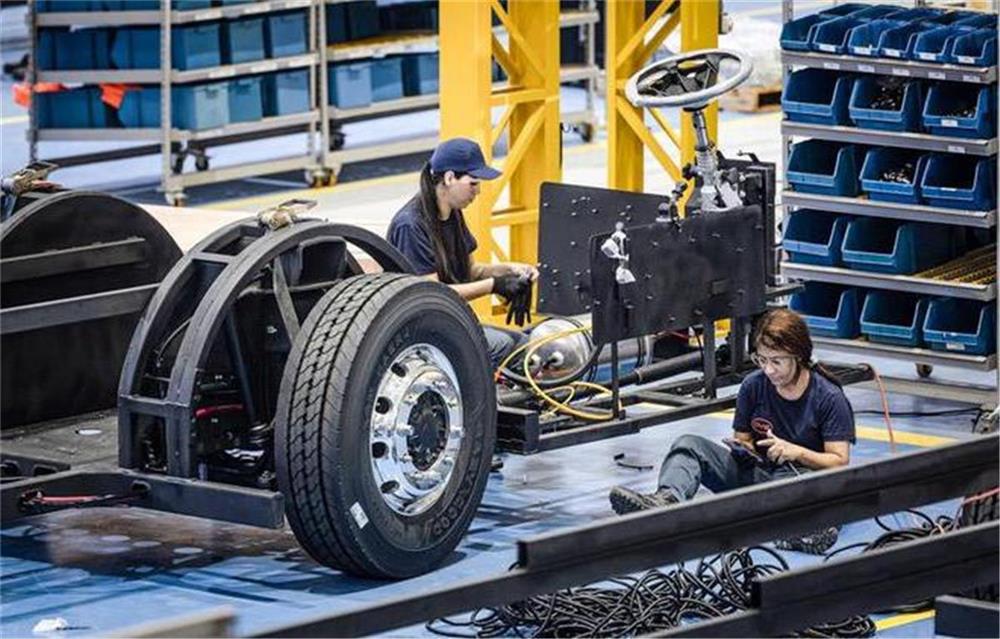JFK's assassination: The darkest day for Dallas

As the city remembers the assassination for another year, our Steve Pickett reports on the moniker "city of hate" that has stuck to Dallas for a half-century.
RELATED STORY: America's ongoing obsession with the JFK assassination 60 years later
The morning of Nov. 22, 1963, was to be a happy morning for a 13-year-old boy whose enthusiasm for the visit of a presidential motorcade led him to wave as the president came through.
Quin Mathews was photographed waving to JFK in the motorcade.
"Kennedy came around the corner and he saw me," Mathews recalled, "and I wanted him to know that he was welcome in Dallas. I knew that there were people who weren't welcoming him to Dallas."
A half-century later, Mathews created a documentary film named "The City of Hate," a chronicle of the worldwide condemnation of Dallas after the Kennedy assassination.
"It seemed that I was aware, at that time, that there was a lot of unhappiness around in Dallas, in terms of Kennedy," Mathews said. "There was this kind of feeling that when Kennedy was going to be here, bad things were going to happen. Nobody thought of him being killed, but we thought: "Bad things are going to happen." So there was this kind of feeling of: "Oh, here we go again." We had to be prepared for some kind of riot or something."
Stephen Fagin is chief curator for The Sixth Floor Museum, which serves the role of an American museum of memory of Dallas's darkest day of the 20th century.
On Sunday, Nov. 24, Mayor Earle Cabell and Dallas Police Chief Jesse Curry asked residents to be calm and patient while the city copes with the assassination.
Fagin says the racially-segregated, politically-conservative and conservative-city drew scrutiny before JFK's arrival.
"Dallas already had this reputation, from a small but vocal minority of political extremists who were in the city at the time," he said. "So, when the Kennedy assassination happened, there was this sort of collective thought of, Oh, Dallas, that's where these things happen."
One Dallas pastor asked on Sunday, Nov. 24, "In the name of God, what kind of city have we become?'
"This is really the moment when the entire city of Dallas was really at a loss as to what to do and how to respond," Fagin said. "And the clergy, as we'll see, really took it upon themselves to lead the city out of the mire that Dallas found itself after the Kennedy assassination."
Local moderate pastors challenged their church members toward moderation. Those messages are archived today at SMU.
"I think these clergy wanted their congregations to be introspective and reflective about what kind of spirit, what kind of acrimony, what kind of animosity, would generate the hatred that would result in the assassination of a president," SMU political science professor Matthew Wilson said. "There was a sense that Dallas was deeply bound up in the circumstances that caused the assassination of President Kennedy, and so there's a legacy that the city struggled for decades to overcome and leave behind."
After six days of riots and racial confrontations, Martin Luther King Jr. called for a national day of prayer and redemption.
Mathews says, "That was the definition of Dallas for 40 years, but that's not now."
The assassination of a president left this city psychologically wounded for years. Today, Dealey Plaza remains a tourist attraction. But Mathews believes 60 years later, a president can be remembered without derision and hate for the city in which it happened.
 Famous Persons
Famous Persons English
English
 Jerry
Jerry Facebook
Facebook Twitter
Twitter Pinterest
Pinterest Linkin
Linkin Email
Email Copy Link
Copy Link










